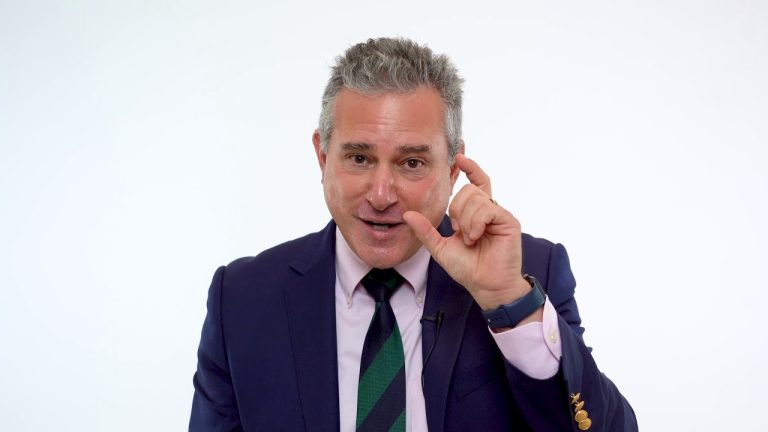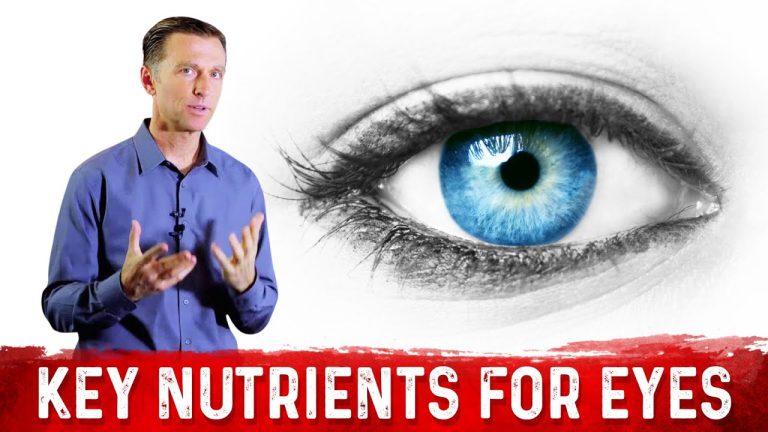Senior Eye Care: How to Maintain Optimal Vision with the Right Optical Products
As we age, our bodies go through various changes, and our eyesight is no exception. Seniors are at a higher risk of developing certain eye conditions, such as cataracts, age-related macular degeneration (AMD), and glaucoma. This makes it critical for older adults to take extra care of their eyes and get regular check-ups to prevent further complications.
In this article, we will discuss some of the best eye care practices that can help seniors maintain good vision and prevent eye diseases. From eating a healthy diet to getting the right amount of rest, these tips will help you keep your eyes healthy and strong as you age.
Healthy Diet
A healthy diet can go a long way in maintaining good eye health. Seniors should eat foods that are rich in antioxidants, such as fruits and vegetables, to help protect their eyes from damage caused by free radicals. Some foods that are particularly beneficial for eye health include:
- Leafy greens, such as spinach and kale.
- Carrots, sweet potatoes, and other orange-colored vegetables.
- Fruits, such as oranges, kiwis, and berries.
- Fish, such as salmon and tuna, which are rich in omega-3 fatty acids.
Regular Eye Exams
Regular eye exams are crucial for seniors, as they can help detect any potential problems early on. During a comprehensive eye exam, an optometrist or ophthalmologist can check for signs of common eye conditions, such as cataracts, AMD, and glaucoma. They can also prescribe corrective lenses, such as glasses or contact lenses, to help seniors see more clearly.
Warning Signs
Seniors should also be aware of the warning signs of eye problems, such as:
- Blurred or distorted vision
- Difficulty seeing in low light
- Dry or irritated eyes
- Double vision
- Flashes of light or floaters in the field of vision
If you experience any of these symptoms, it’s important to schedule an eye exam as soon as possible.
Protective Eyewear
Sunlight can be harmful to the eyes, and seniors should wear protective eyewear, such as sunglasses with UV protection, to help prevent damage. This is particularly important for seniors who spend a lot of time outdoors, whether it’s gardening or golfing. Protective eyewear can also help prevent eye injuries from accidental falls or other incidents.
Computer Glasses
If you spend a lot of time on a computer or other digital device, you may want to consider getting computer glasses. These lenses are designed to block blue light, which can cause eye strain and fatigue. They can also help reduce glare and improve contrast, making it easier to see the screen for extended periods.
Proper Rest and Exercise
Getting the right amount of rest and exercise can also help maintain good eye health. Seniors should aim for at least seven hours of sleep each night and follow an exercise regimen that includes at least 30 minutes of moderate activity each day. Exercise can help improve blood flow to the eyes, which can help keep them healthy.
In conclusion, seniors need to take good care of their eyes to maintain good vision and prevent eye diseases. By eating a healthy diet, getting regular eye exams, wearing protective eyewear, and getting the right amount of rest and exercise, you can help keep your eyes healthy and strong as you age.
Contents
Most wanted in Hoya Vision:
Hoya Lens Engravings
What brand lenses does Costco use?
Which lens is better Alcon or Johnson and Johnson?
What’s the rarest eye color?
Legacy Eye Care Llc
What’s the difference between 1.5 and 1.6 lenses?
Hoya Sensity Vs Transitions Xtractive
Should eyeglasses cover eyebrows?
Wide Corridor Progressive Lenses
1.53 Trivex Impact Resistant
















